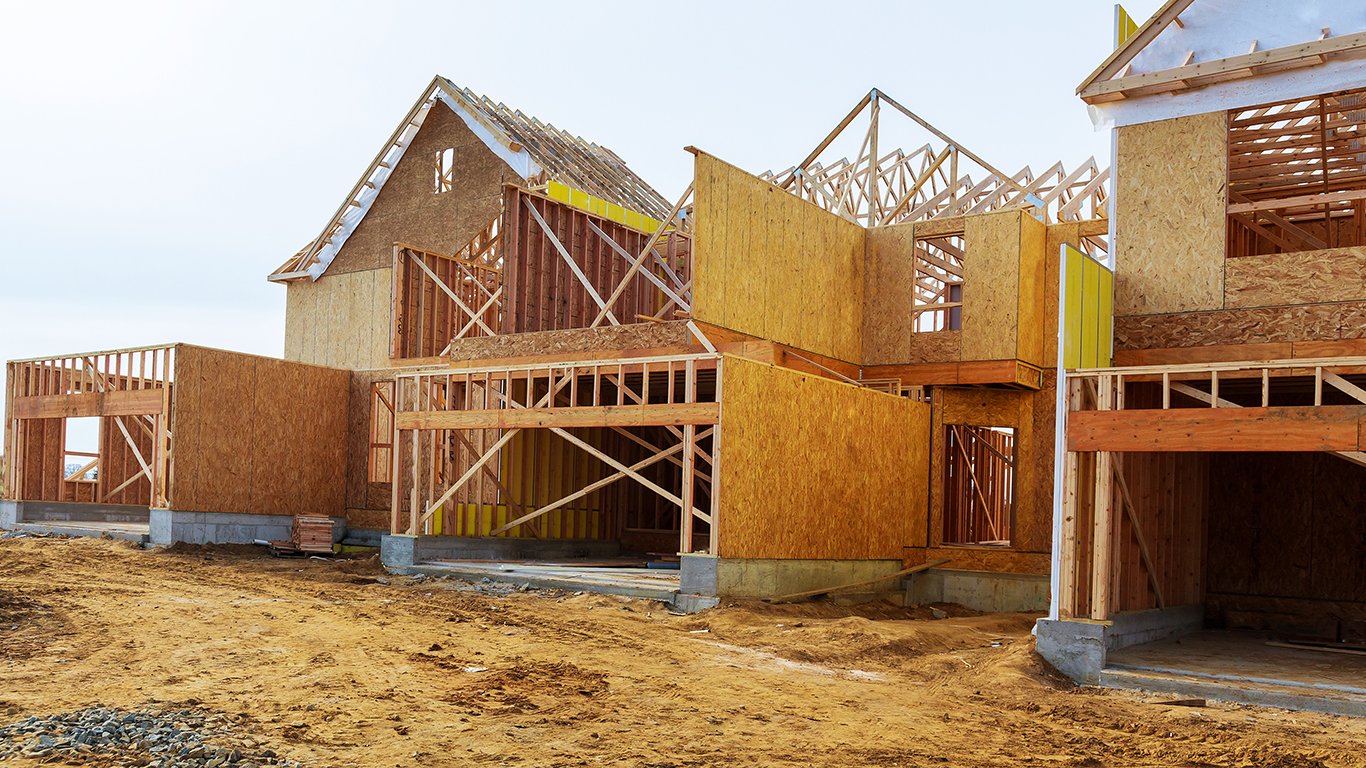

The U.S. Census Bureau and the Department of Housing and Urban Development reported Friday morning that new housing starts in January rose to a seasonally adjusted annual rate of 1.23 million, an increase of 18.6% from the downwardly revised December rate of 1.037 million and a decrease of 7.8% compared with the January 2018 rate of 1.334 million.
The revision to the December rate dropped 41,000 new housing starts from the previously reported total. The consensus estimate from a survey of economists expected a January rate of around 1.17 million.
On a non-seasonally adjusted basis, housing starts rose by 3.6% year over year in 2018. Single-family starts were up 2.8% and buildings with two to four units rose by 23.5%.
Single-family housing starts jumped 25.1% month over month in January to 926,000 units on a seasonally adjusted basis, with all U.S. regions posting solid gains. New construction rose by 70,000 units in the South and rose by 66,000 units in the West.
The seasonally adjusted rate of new building permits rose to 1.345 million, up 1.4% from the revised December rate of 1.326 million but 1.5% lower than the January 2018 rate.
Permits for new single-family homes dipped by 2.1% month over month in January from a revised annual rate of 829,000 in December to a seasonally adjusted annual rate of 812,000. The rate decreased by 6.7% year over year.
Multifamily starts for buildings with five or more units decreased by 33.6% year over year in January to 289,000 units. This number is more volatile than the single-family number and has moved mostly sideways on an annual basis since 2013.
In 2018, 1.242 million housing units were started, up 3.2% compared with 2017. An estimated 1.311 million permits were issued in 2017, up about 3.7% year over year. These totals are subject to future revisions.
Take This Retirement Quiz To Get Matched With A Financial Advisor (Sponsored)
Take the quiz below to get matched with a financial advisor today.
Each advisor has been vetted by SmartAsset and is held to a fiduciary standard to act in your best interests.
Here’s how it works:
1. Answer SmartAsset advisor match quiz
2. Review your pre-screened matches at your leisure. Check out the
advisors’ profiles.
3. Speak with advisors at no cost to you. Have an introductory call on the phone or introduction in person and choose whom to work with in the future
Take the retirement quiz right here.
Thank you for reading! Have some feedback for us?
Contact the 24/7 Wall St. editorial team.